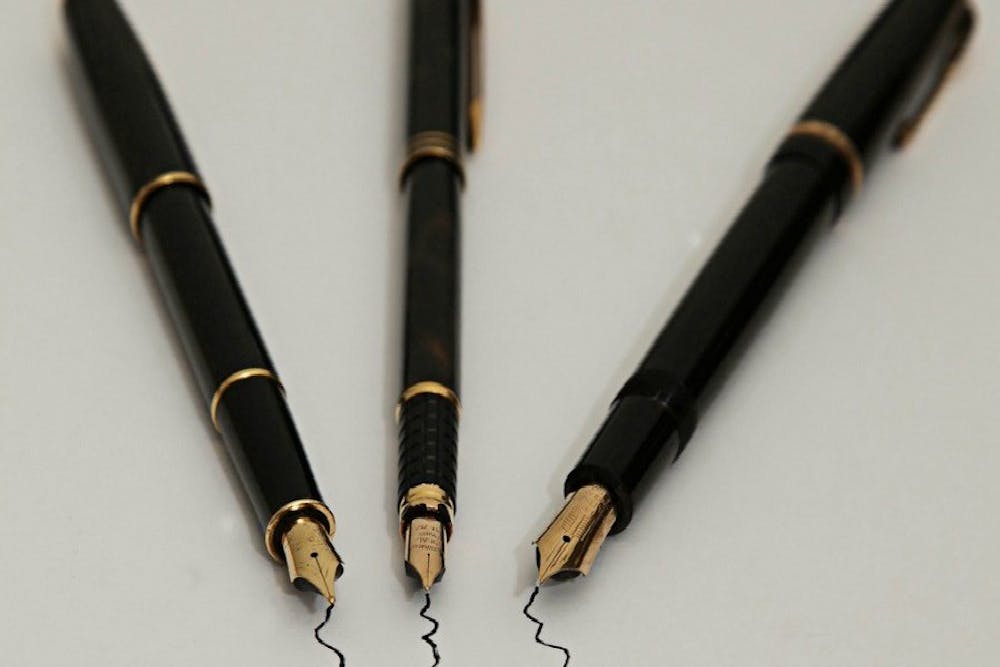By Eric Niehaus, niehaues@miamioh.edu
Creative Commons Photo
"What do you want to be when you grow up?"
Growing up, this exciting question was always followed by a gleeful exploration of all the seemingly limitless possibilities that awaited us in life. Would we be an astronaut, a politician or maybe a teacher? For most of us, life was a buffet of abundance just waiting for us to dig in.
But did you ever answer that classic childhood question with, "When I grow up, I want to go to prison?" Did you ever consider the best realistic outcome you could achieve, based on manifold situational factors, was to be locked up? Seems kind of funny, but only when you've grown accustomed to an environment that is conducive to "higher" destinations.
I did community outreach over the summer and saw some pretty squalid and decrepit parts of Ohio. Poverty ran rampant and outlooks were bleak. And that answer of, "I want to go to prison" is not made up; one child gleefully shared that aspiration with us.
The reality is that for a lot of kids - more than we'd be comfortable accepting - the "higher" destination, the lesser of two evils, is prison.
Now of course this is absurd. No child would actually prefer to be locked up. Right?
For us, this is easily absurd. For others, though? Let's see. A lot of kids are born into incredibly despondent economic, social and political situations. Even just financially in their nuclear family, there's a good chance that mom and dad are divorced, which leaves only one source of income, which isn't exactly robust. You might have multiple brothers and sisters, which means the income is being spread thin, which means you're not going to be able to afford all the things you might want and need, which means … You get the idea.
People aren't always rational, but they are pretty good about understanding benefits and costs; there are trade-offs in every situation. When you're born into this environmental despondency, you must contest daily with economic and safety insecurities and social inhibitors ranging from poverty to squalid neighborhoods, prominent gang violence to simply being a minority. So when you compare violence, poverty, hunger, and thirst (life outside of prison) against controlled environment, shelter, clothes, and three square meals a say (life inside prison), prison suddenly doesn't seem all that bad.
In certain situations, it may be completely rational for one to prefer life behind bars to a life outside of them. And that is just what's happening.
We know that prison is something to which one ought not aspire, but that's because we've evolved past these basic needs. I woke up in a comfortable bed under a nice roof at an isolated University, walked downstairs at my leisure, and had my selection of an assortment of fine breakfast foods. To someone like me, and to someone like you who is reading this, the whole "I want to go to prison" notion is in all likelihood preposterous.
But to others, it's a legitimate and logical decision.
The point in all this isn't that people of poor socioeconomic conditions should book their vacations to the state penitentiary. It's that a child's innocuous statement regarding his life's ambitions reveals a lot about our society.
The idea that children, with their whole lives ahead of them in the 'Land of Opportunity,' would prefer prison to freedom is an almost incomprehensible disgrace. That children believe life behind bars is superior to life outside prison walls is nothing short of nauseating.
There may not be any clear answers or solutions. But the question is this: If children prefer prison to freedom, what does that say about the current state of American Freedom?
What does it about our country that some kids get to freely list off a wide range of aspirations while others can only see prison in their future?

